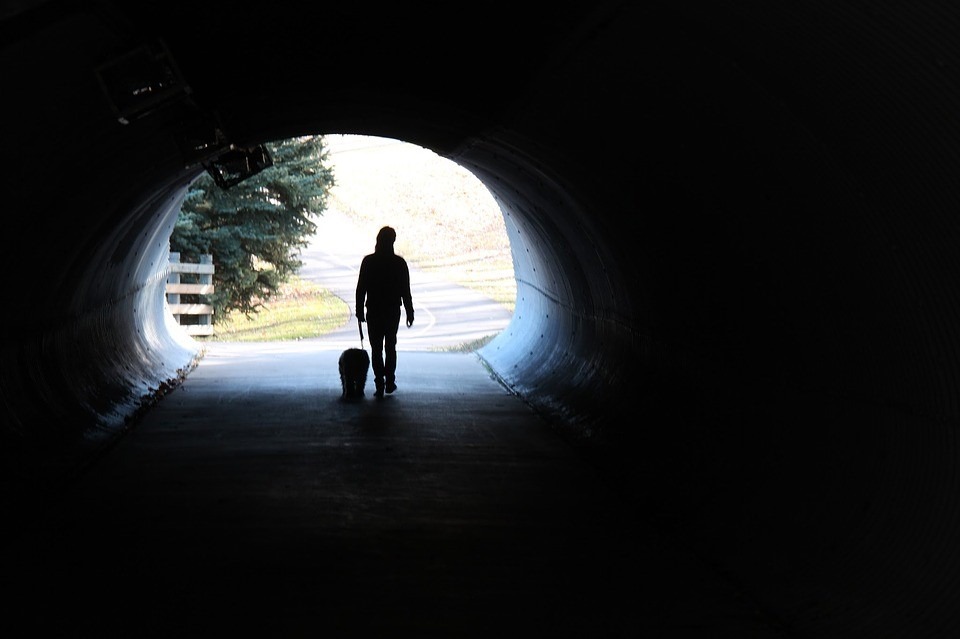Some people have the luxury of living in what many would consider a safe area. But this is a luxury that the majority of people in the world do not have. Rural, suburban, and urban areas might all have some part within their limits where crimes can occur on unsuspecting victims when they walk alone – day or night. Walking alone is highly discouraged, but at some point, you will likely have to do it.
My Homework Done, which specializes in sociology assignments among other subjects, wrote an excellent academic piece detailing the types of crimes that occur against men and women of all races in various neighborhoods and indicated that the situations for staying safe are similar. We’ve gathered the eight best self-defense tips, taken from this and other articles, which could help you and anyone you know, feel safer when walking alone.
-
Be Aware of Your Surroundings
The number one tip is probably the most obvious. Always be aware of your surroundings. You should know the area you choose to walk in the dark and in the light. Familiarity with your surroundings can be an advantage when you have to escape danger and need to get to a safe place. Make a conscious effort of knowing where businesses are located, and the hours they are open.
-
Don’t Ever Accept a Car Ride
This should have been ingrained in most people’s minds since the 1960s. No rides from strangers! But in recent years, it’s been modified in a way to prevent crimes from people one may already know as light acquaintances. Use your gut and avoid rides if no else knows you are getting the ride to start with. If someone is trustworthy, they will allow you to make a call first.
-
Try Not to Carry Lots of Stuff
If you have to do groceries or have a lot of books to carry, you may not be able to avoid having a lot of bags with you. But it is highly recommended you try to avoid walking in these situations. These are two examples of the perfect times where you should look towards help from an acquaintance to help out with a ride. Otherwise, avoid carrying a lot of stuff at once.
-
Walk Wearing Comfortable Shoes
You know those high heels look great with the outfit you are wearing, but are they really good for walking a mile or having to break out in a run all of a sudden? Keeping a pair of shoes, you are comfortable walking in can prevent injury and be the most valuable defense you have when you need to take flight in a hurry.
-
Change Up Your Routine
Young women especially should take this advice. When you are in school or have a part-time job, your schedule and walking route can become quite a routine. If anyone has been lurking around for the past few days (or possibly longer), you may have made yourself an easy target. Even if it means leaving a little earlier or a little later and taking a route that is longer, it might be enough to avoid an ambush.
-
Avoid Natural, Dark Areas
Most rural locations are famous for their natural spaces. Woods. Creeks. Tall Grasses. All of these symbols of serenity can be potentially dangerous, hiding spots in the dark. It’s best to avoid such places altogether when walking alone. Be mindful of similar locations in urban areas. Abandoned buildings and desolate city streets can be just as dangerous.
-
Tell Others You Are Walking
Upon leaving any location and knowing you will be walking alone, let other people know where you will be walking and when you should be arriving. Even if you decided to take a detour or make an unexpected stop, letting others know where you were supposed to be can set off alarm bells in your friends’ and family members’ minds. This can help keep you safe on many occasions.
-
Take a Fur-Friend with You
This last tip may not be easy for everyone. Not many of us have dogs we can take to school or work – and a lot of people don’t have dogs at all. But if you do have one and you do something like take a night walk to de-stress, or for exercise, it’s a good idea to bring your fur-friend along. Even a small dog can create enough of a ruckus when it senses a threat.
This is really just the tip of the iceberg. There are plenty of other really good tips you might want to consider. We decided to use these because they are that anyone can start trying out immediately. Other great ideas may be to carry a defense weapon like a TASER or pepper spray. Or perhaps you can learn how to carry and use your keys defensively. The most important thing here is safety. Would you like to share some of your ideas? Our readers will appreciate your thoughts and comments.

